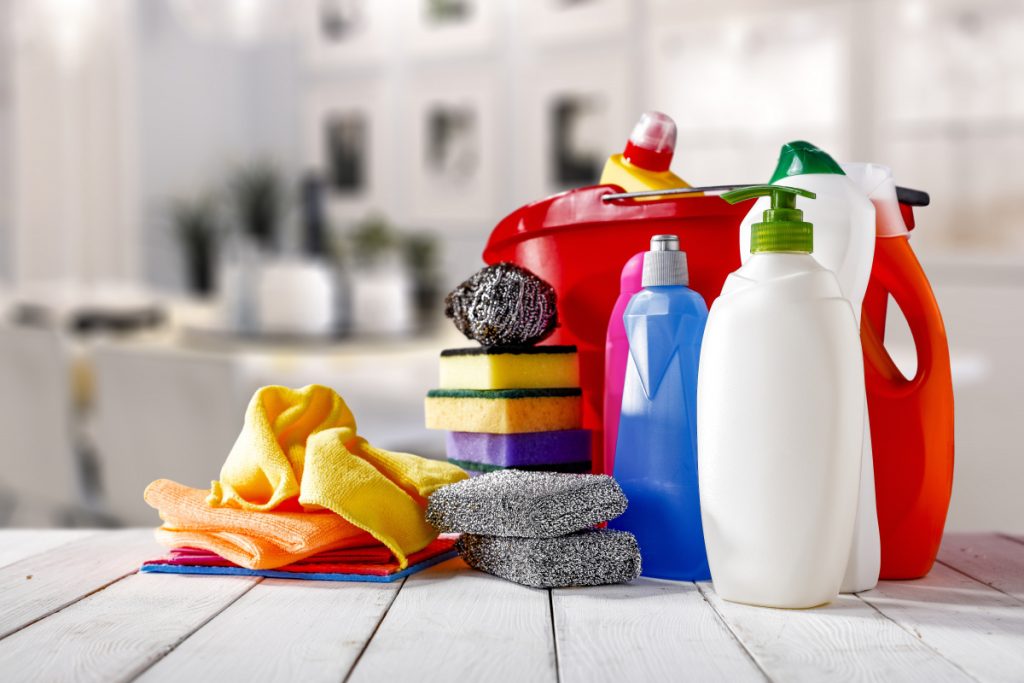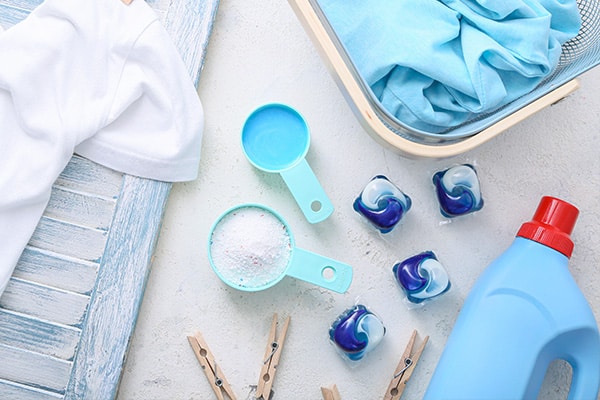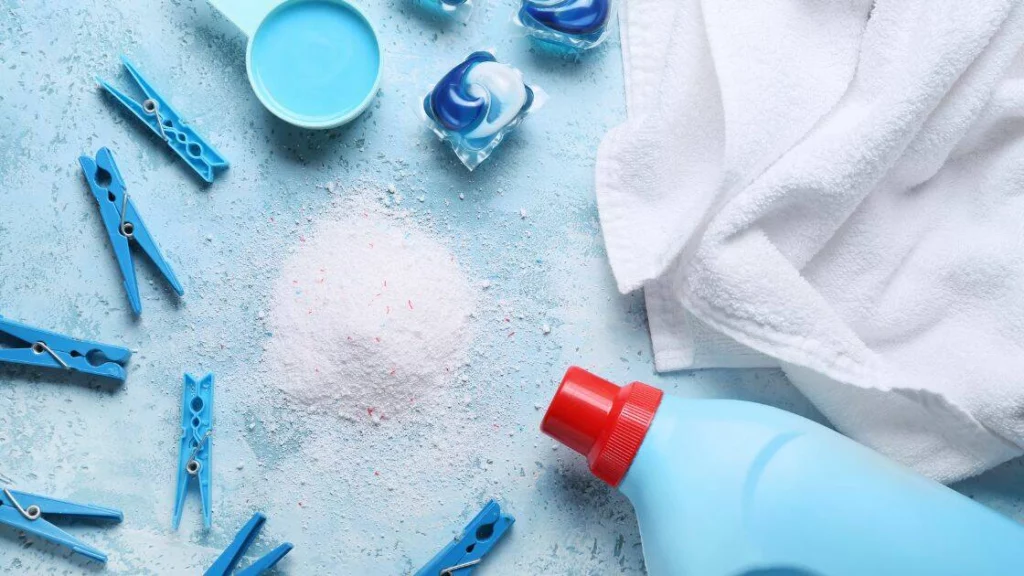
Choosing The Right Cleaning Supplies For Your Business – A Buyer’s Guide
Maintaining clean business premises is not just about appearance—it enhances employee well-being, creates a professional environment that delights customers, and...

Get 20€ off on your first order!
Looking to simplify your choice of laundry detergent? This guide will equip you with everything you need to make an informed decision. From understanding different types of detergents to considering fabric compatibility and eco-friendly options, we provide practical tips tailored for both personal and professional needs.
With insights on top suppliers and industry-specific solutions, you’ll confidently find the perfect product. Plus, we’ll guide you through the next steps, like pairing detergents with fabric softeners or surface cleaners, for a seamless cleaning routine. Dive in to discover smarter, more effective cleaning solutions today!
For a broader look at selecting the right cleaning agents, check out our main article on laundry detergents.
Liquid detergents are one of the most popular choices among households due to their ability to work well in a variety of water hardness levels and their effectiveness in tackling everyday stains. Their versatility makes them ideal for pre-treating stains and working well in both hot and cold water.
Looking for eco-friendly options? Check out our range of laundry detergents.
Powder detergents are a traditional choice that still holds its ground thanks to their cost-effectiveness and longer shelf life, making them a practical option for many households. They’re known for their affordability and cleaning power on tough stains.
For a buying guide on complementary products like fabric softeners, visit our fabric softener guide.
Laundry pods are the newest addition to the detergent market, rapidly gaining popularity due to their convenience and consistent dosage, particularly among busy households. Their pre-measured doses make them incredibly convenient for busy lifestyles.
For high-efficiency cleaning solutions, explore our related products in surface cleaners.

Here’s a quick comparison to help you decide, including additional factors such as fragrance options and allergy-friendly variants:
| Feature | Liquid Detergents | Powder Detergents | Laundry Pods |
| Ease of Use | Easy to measure and versatile | Requires careful measurement | Pre-measured for convenience |
| Stain Removal | Best for oil-based stains | Best for outdoor stains | Effective on general stains |
| Environmental Impact | Plastic packaging | Recyclable cardboard | Plastic pods |
| Cost Per Wash | Moderate | Low | High |
| Best For | General laundry and pre-treating | Heavily soiled clothes | Busy households |
As Europe increasingly emphasizes sustainability, consider how your detergent choice impacts the planet, particularly in light of European regulations encouraging biodegradable and recyclable packaging. Powder detergents often have the smallest ecological footprint due to their biodegradable formulas and recyclable packaging.
Liquid detergents, while effective, are increasingly available in recyclable or reusable packaging to promote waste reduction and recycling.
Pods, while convenient, are evolving with innovations like biodegradable casings to reduce their environmental impact.
To make eco-friendly choices, check out our range of sustainable cleaning agents.
For additional guidance on choosing detergents, read Laundry Detergents: Selecting the Right Cleaning Agents.
Struggling to decide between liquid, powder, or pod laundry detergents? We’ve got you covered! This article will guide you through the benefits of each option, helping you choose the best one for your laundry needs.
Explore our full selection of laundry detergents and cleaning agents to find the perfect match for your household. For more tips and buying advice, check out our other guides.
Keep reading—we’re here to make laundry easier and more effective for you!
It’s best to choose detergents tailored to fabric types. For delicate fabrics, use a gentle formula, while heavy-duty detergents work well for tougher textiles.
Store detergents in a cool, dry place away from direct sunlight and out of reach of children to maintain their effectiveness and safety.
Yes, most pods are compatible with both high-efficiency and standard machines. Always follow the manufacturer’s guidelines for best results.
Opt for eco-friendly detergents with biodegradable ingredients and recyclable packaging to reduce your carbon footprint.
It’s not recommended, as mixing can affect cleaning performance and might cause unwanted chemical reactions. Stick to one detergent per load.
Thank you! You've signed up for our newsletter.



















Maintaining clean business premises is not just about appearance—it enhances employee well-being, creates a professional environment that delights customers, and...

Not sure which cleaner is best for your floors? This article will provide you with all the information you need...

Choosing between solvent-based and water-based industrial cleansers can be tricky, but we’re here to make it easier. In this article,...

Maintaining clean business premises is not just about appearance—it enhances employee well-being, creates a professional environment that delights customers, and...

Not sure which cleaner is best for your floors? This article will provide you with all the information you need...

Choosing between solvent-based and water-based industrial cleansers can be tricky, but we’re here to make it easier. In this article,...
Get 10€ off on your first order!
Save 30% by buying directly from brands, and get an extra 10€ off orders over €100
Save 30% by buying directly form brands, and get an extra 10€ off orders over €100